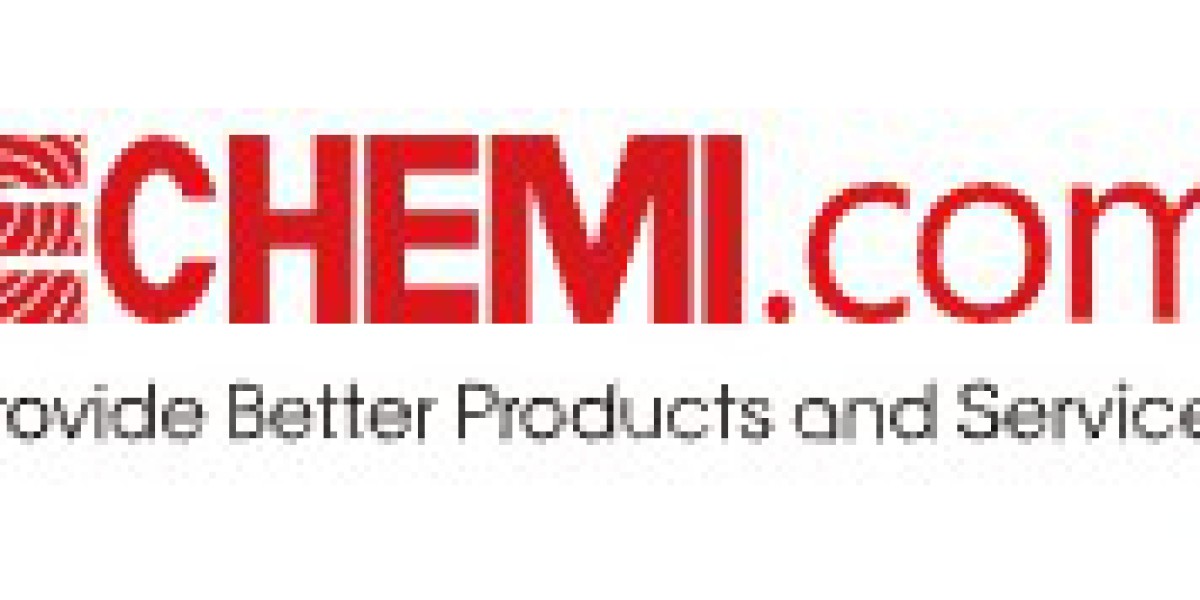Chemical suppliers play a critical role in the manufacturing and distribution of chemical products across various industries. To ensure the quality and reliability of the chemicals they provide, suppliers implement rigorous quality assurance measures. These measures are designed to maintain consistent product quality, meet regulatory requirements, and ensure customer satisfaction. This brief overview highlights the importance of chemical suppliers and the key quality assurance measures they employ.
Supplier Qualification: Quality assurance starts with selecting reliable and reputable chemical suppliers. Companies thoroughly evaluate potential suppliers based on their track record, certifications, compliance with regulations, and adherence to industry standards. Supplier qualification processes involve rigorous assessments of quality management systems, manufacturing practices, and product quality control measures.
Raw Material Testing: Chemical suppliers conduct comprehensive testing of incoming raw materials to ensure their quality and conformity to specifications. They employ analytical techniques, such as spectroscopy, chromatography, and physical tests, to verify the identity, purity, and composition of raw materials. Testing helps identify any potential contaminants, impurities, or deviations from established quality standards.
Manufacturing Process Control: Chemical suppliers implement stringent process control measures to maintain consistent product quality. They adhere to documented procedures and standard operating practices to ensure reproducibility and minimize variations in manufacturing. Process control involves monitoring critical parameters, such as temperature, pressure, reaction times, and raw material ratios, to maintain desired product characteristics and prevent deviations.
Quality Control Testing: Quality control testing is a crucial step in ensuring the quality of chemical products. Suppliers perform comprehensive testing at various stages of production, including in-process testing and final product testing. Analytical techniques are employed to assess parameters such as purity, potency, stability, and physical properties. Quality control testing ensures that the manufactured chemicals meet the specified quality standards and comply with regulatory requirements.
Compliance with Regulations: Chemical suppliers adhere to stringent regulatory standards and requirements. They stay updated on relevant regulations, such as safety data sheet (SDS) requirements, labeling regulations, and environmental regulations. Compliance with regulatory standards ensures the safety of the chemicals, protects the environment, and meets the expectations of customers and regulatory bodies.
Continuous Improvement: Chemical suppliers strive for continuous improvement in their quality assurance practices. They actively monitor customer feedback, conduct internal audits, and participate in external certifications and inspections. Feedback and audit findings are used to identify areas for improvement, implement corrective actions, and enhance quality management systems. Continuous improvement efforts aim to enhance customer satisfaction, optimize processes, and ensure the highest level of product quality.
In conclusion, chemical suppliers play a crucial role in ensuring the quality and reliability of chemical products.



